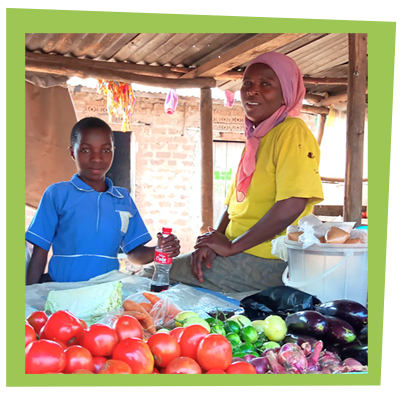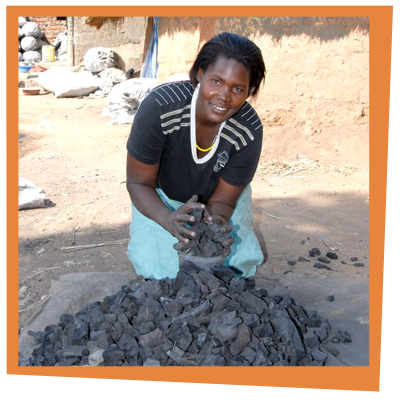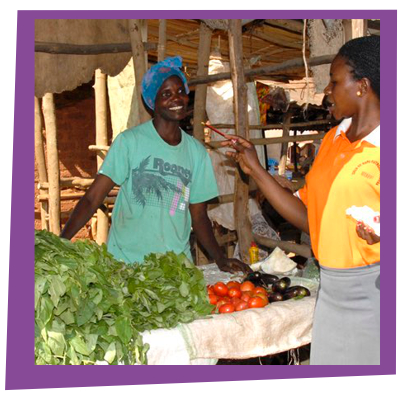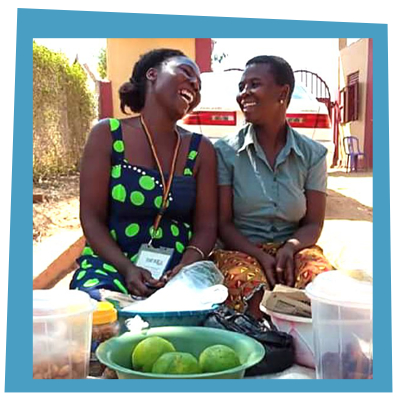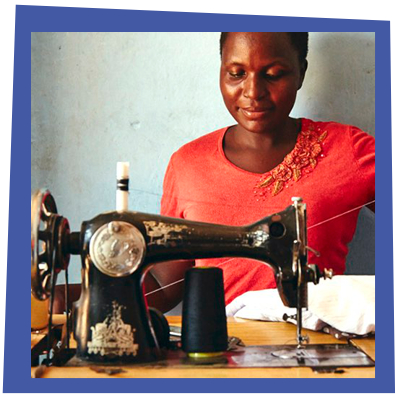By supporting mothers with business start-up finance and ongoing training (from £35/ month), Income Generating Activities (IGA) at Child of Hope very quickly improve the lives of our pupils – and their whole families.
Fast social impact takes place when women can provide for their families. And it's sustainable.
Our IGA staff provide basic business and financial training and then finance to start the businesses... then follow up with weekly support sessions to help the business prosper.
The parents we work with mainly come from Namatala slum situated on the outskirts of Mbale town, many of whom are internally displaced persons (IDPs) and have for decades lived on handouts and begging for food on the streets. 99% of the direct beneficiaries of the IGA programmes are female since we know from experience that the economic empowerment of women leads to transformational development in communities.
We enable these women to start micro-enterprises ranging from selling charcoal and rice to running local-style restaurants and produce stalls at the local market. The process also raises the status of women who traditionally lack financial independence and, therefore, a voice in family decision-making.
Real life stories
These are some of the ladies who have benefited from our IGA scheme:
